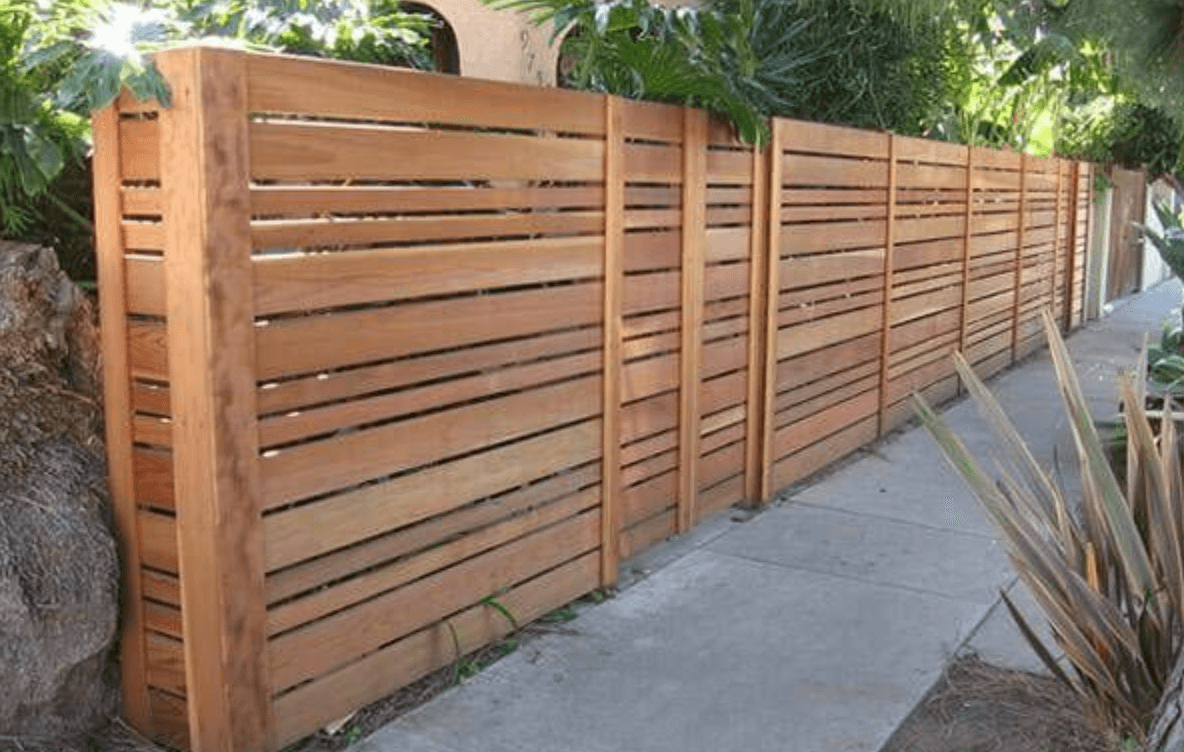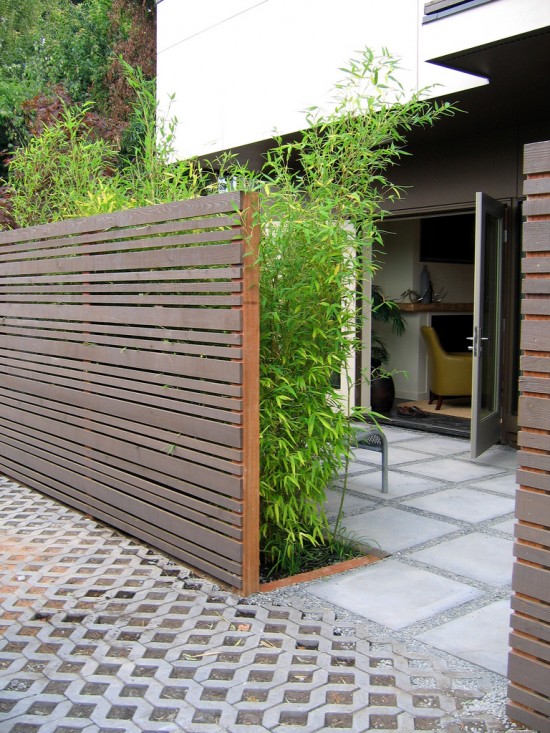All Categories
Featured

Amongst the most prominent choices, timber, plastic, and aluminum each deal unique advantages and drawbacks. Right here's a failure of the pros and cons of these 3 usual secure fencing materials.
Timber Fencing. Timber secure fencing has been a timeless choice for home owners because of its natural charm and adaptability.
Pros:. Visual Charm: Wood provides a timeless and warm appearance that complements a selection of architectural styles. Personalized: It can be painted, stained, or cut into distinct layouts to fit personal preferences. Cost-efficient: Originally, wood fencing can be an inexpensive choice contrasted to other materials. Eco-Friendly: Timber is a renewable resource and can be sustainably sourced. Cons:. High Maintenance: Wood needs normal securing, discoloration, or painting to stop rot, insect damage, and weathering. Sturdiness Problems: Without proper care, timber can warp, fracture, or decay in time, particularly in areas with high moisture. Much shorter Life-span: A timber fence generally lasts 10-20 years, depending upon the sort of wood and degree of upkeep. Wood is perfect for those who value a typical look and are willing to dedicate to its maintenance.
Vinyl Fencing. Plastic is a modern, low-maintenance fence choice that has grown in popularity recently.

Pros:. Reduced Maintenance: Vinyl does not require painting, discoloration, or securing and can be quickly cleaned with soap and water. Weather condition Resistant: It holds up against extreme weather without rotting, rusting, or warping. Resilient: Plastic fences can last 20-30 years with minimal upkeep. Selection of Styles: Offered in many shades, layouts, and textures, some plastic choices imitate the appearance of timber. Cons:. Greater Upfront Price: Vinyl fencing can be a lot more pricey at first compared to timber. Brittleness in Winter: In extreme cool, plastic may split or end up being brittle. Restricted Repair works: Private panels can be hard to change, requiring mindful matching to the existing fencing. Vinyl is best matched for house owners seeking a resilient, low-maintenance solution with contemporary visual appeals.
Aluminum Fence. Light weight aluminum fencing is a lightweight and resilient choice, typically selected for its modern-day look and adaptability.
Pros:. Rust-Resistant: Light weight aluminum doesn't corrosion, making it an excellent selection for damp or humid environments. Low Upkeep: Needs minimal maintenance and is easy to clean. Long lasting: While lightweight, light weight aluminum is strong enough to stand up to numerous environmental problems. Long Lifespan: Can last numerous decades without considerable wear or wear and tear. Variety of Styles: Uses a classy and streamlined appearance, often used for ornamental or ornamental functions. Disadvantages:. Greater Cost: The preliminary investment for aluminum fencing is greater than timber or plastic. Much Less Privacy: Light weight aluminum fencings are usually made with open pickets, making them much less effective for personal privacy. Vulnerable to Damages: Although durable, aluminum can be dented by solid effects. Aluminum is suitable for those looking for a trendy, resilient choice that needs marginal care.
Making the Right Selection. Each secure fencing material-- light weight aluminum, timber, and vinyl-- supplies distinctive advantages and downsides. Your decision needs to rely on your details concerns, such as budget plan, upkeep choices, climate, and visual goals:
Choose timber if you love a typical appearance and don't mind regular upkeep. Go with vinyl if you desire a low-maintenance, weather-resistant fencing with modern-day charm. Select light weight aluminum if you focus on resilience, rust resistance, and a sleek style. By considering these cons and pros, you can select a fence product that enhances your home while satisfying your practical demands.
Latest Posts
Explore WyHy Federal Credit Union – Low Rates for Members
Published May 28, 25
1 min read
Discover Montclare Auto Repair’s Leading Auto Repairs and Why Drivers Rely On Them
Published May 27, 25
1 min read
Explore Your Financial Partner at WyHy – Wyoming’s Best Banking Choice for Your Money Goals
Published May 24, 25
1 min read
More
Latest Posts
Explore WyHy Federal Credit Union – Low Rates for Members
Published May 28, 25
1 min read
Discover Montclare Auto Repair’s Leading Auto Repairs and Why Drivers Rely On Them
Published May 27, 25
1 min read
Explore Your Financial Partner at WyHy – Wyoming’s Best Banking Choice for Your Money Goals
Published May 24, 25
1 min read